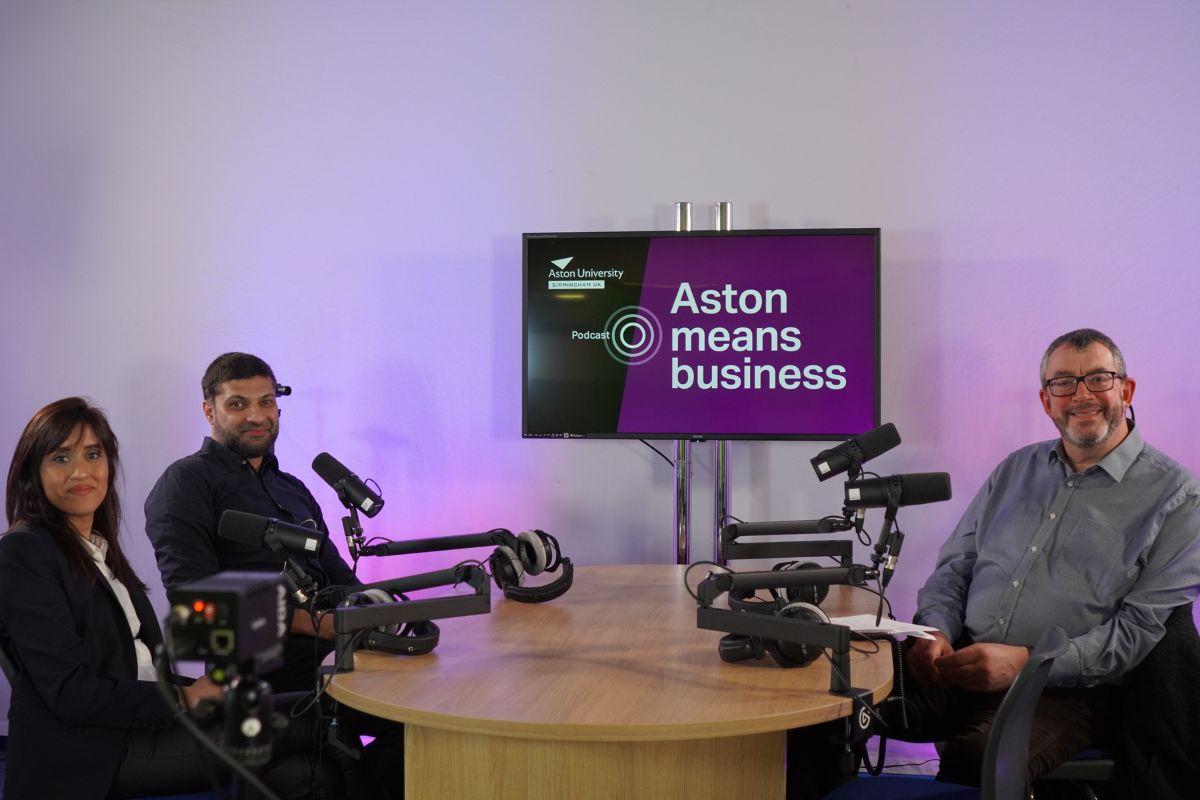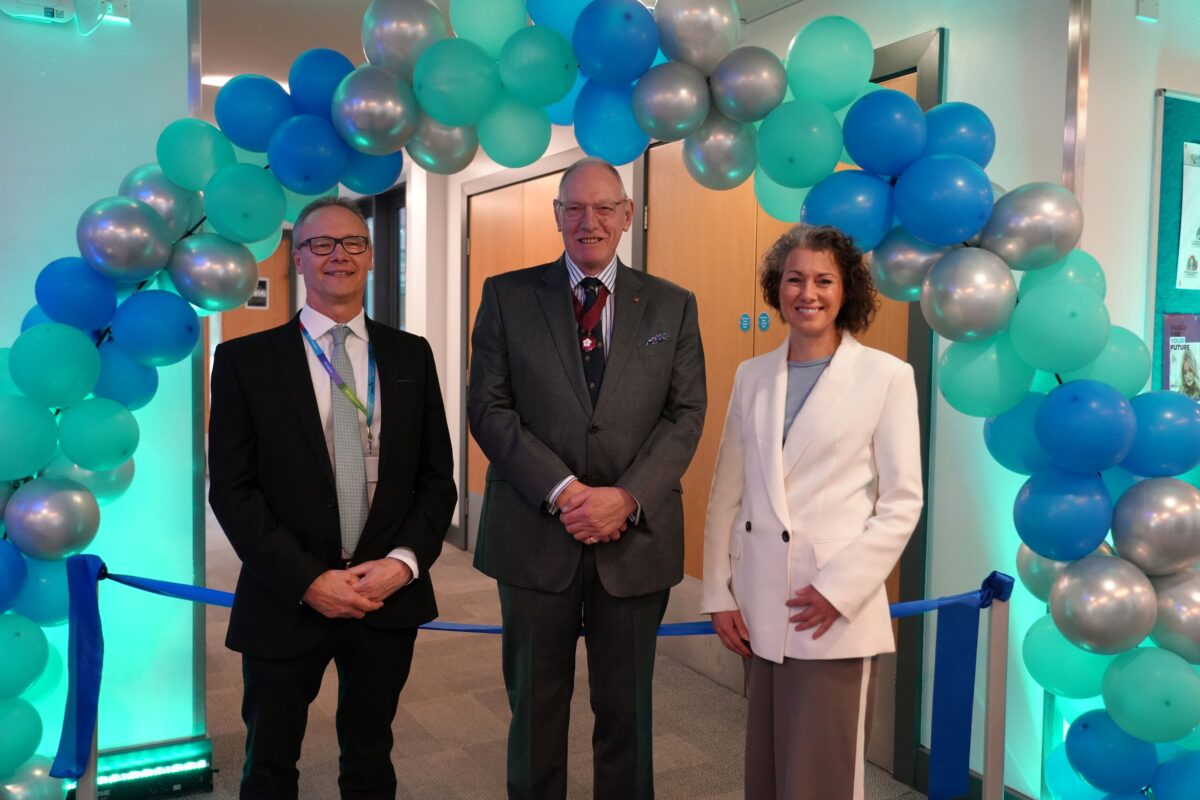Equality must become the norm, not just a box ticking exercise

- Equality, diversity and inclusion (EDI) must become “everybody’s business”
- EDI can reduce pay gaps and open up opportunities for SMEs
- Aston University now celebrating Athena Swan Gold award for gender equality.
Equality, diversity and inclusion (EDI) needs to become “the norm” in organisations to escape “disappointing” government criticism that it is a waste of time.
That’s the guidance coming from the latest episode of ‘Aston means business’, a podcast from Aston University presented by journalist Steve Dyson.
Professor Shivani Sharma, the new deputy dean of people, culture and inclusion at the University’s College of Business and Social Sciences, explained that EDI cultures must become “everybody’s business” to address the existing gender and ethnicity pay gaps.
Responding to recent government criticisms of EDI schemes, Professor Sharma said:
“Not enough investment has gone into these roles because, if we look at the history, it tells us that just relying on everybody to do the right thing doesn’t work.”
Also interviewed in the podcast was Omar Rashid, a director of The HR Dept, a human resources franchise for Birmingham Central & Wolverhampton.
Mr Rashid, who specialises in diversity and recruitment, said that government criticism of EDI initiatives was “disappointing”.
But he acknowledged:
“I understand where they’re coming from because, if it’s seen as a scheme, as something we’ve got to do, and it’s not done properly, then maybe it is a waste of time and a waste of money. It has to be seen as the norm.”
He said people need to realise they live in a multicultural world, with a diverse workforce, supply chain and customers, and that if implemented properly the benefits of EDI are there.
Mr Rashid, who is also president of the Asian Business Chamber of Commerce in Birmingham, specialises in diversity and recruitment.
He added:
“There is opportunity there through different skills.
“Each individual, whether it’s race, religion, will bring their own perspectives, their own unique skills, even people with a disability. It shouldn’t be seen as a barrier.”
He said examples of a “tick box mentality” were where businesses might adopt Black History Month but do nothing for the other 11 months of the year, or provide a prayer room during Ramadan but not at any other time.
He added:
“When it’s tick box, it’s not worth it because you’ll have a business or someone who will do something for a short period of time. They half-heartedly did something without the conviction. Diversity shouldn’t be just a little bit here and there.”
Professor Sharma went on to say that ‘world days’ such as International Women’s Day can act as a catalyst to focus attention on an issue.
But she added:
“It’s really important that why you’re doing that is clear, and that the strategy of raising awareness, to remove barriers to women, equitable inclusion in the workplace or in society, continues throughout the year.”
She said that Aston University had recently gained an Athena Swan Gold award for promoting gender equality in higher education, but that the “scale” of the problem meant there was still lots more to achieve.
She explained that proportions of women entering as students into higher education was really positive, as were degree completion rates. But she pointed to the fact that around 80 per cent of university vice chancellors identified as men, with low representations of ethnic minority women among professors.
Professor Sharma added:
“It will take a sustained effort to undo that over time.”
She also praised the Inclusive Aston networking initiative at Aston University, with senior leaders mentoring colleagues of minority ethnic heritage.
Mr Rashid said SMEs needed to look at the opportunities that a diverse workforce and culture can bring to their business.
He added:
“One SME business engaged with someone from an Asian background, wanted to tap into India, and guess what? He has the connections and they were able to open a branch in India.”
Catch up on all of the previous ‘Aston means business’ podcast episodes here.











Responses